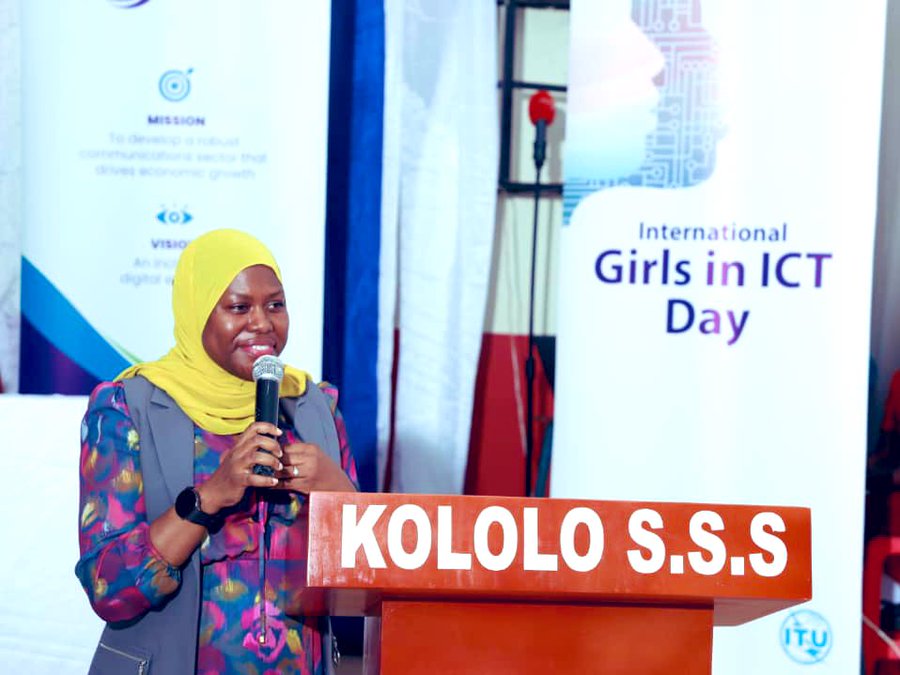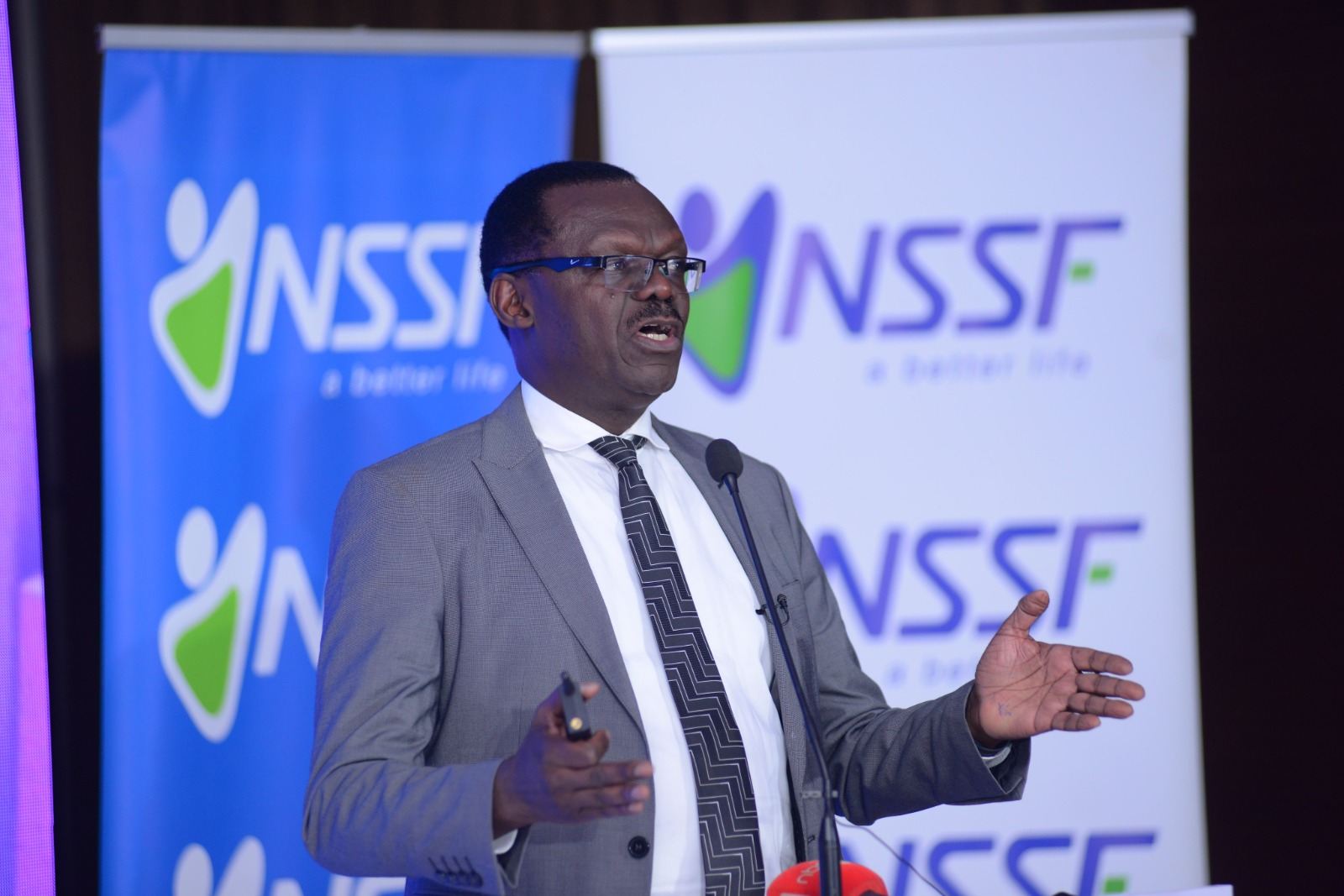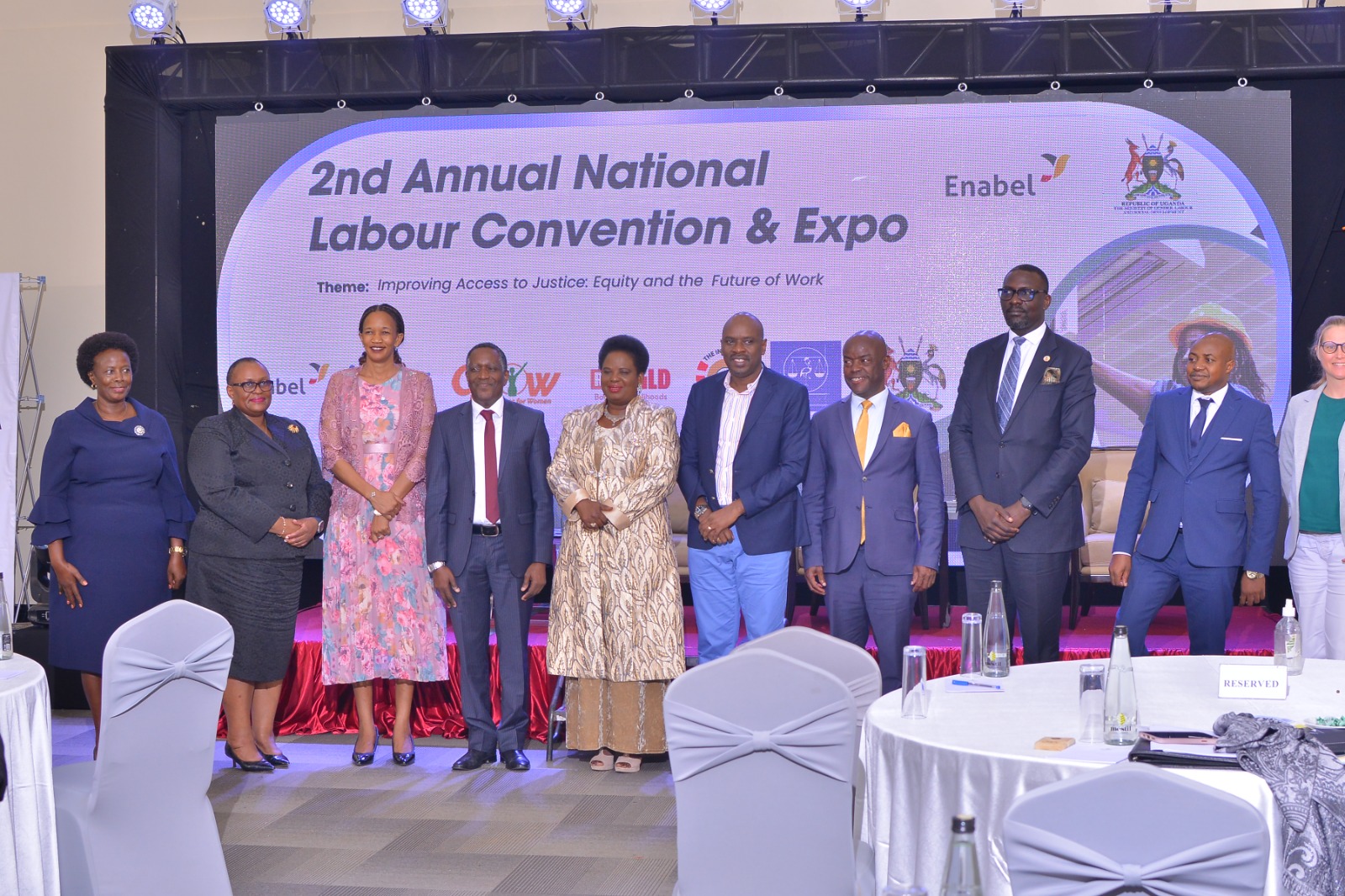Are media owners the biggest threat to press freedom?
Bits of ME
In many of my encounters with one of the people I admire in Uganda’s media, Prof. Gorreti Nassanga, her ethical loyalties to the field of journalism and communication have stood out.
As the world commemorated the World Press Freedom Day on May 3, I pondered the old saying which she so often awakened during her lectures on Media Freedom, “He who pays the piper calls the tune.”
The reality of this saying gives media and journalist’s independence a seat in utopia. Is it a permanent seat for one who pays the piper?
In Uganda today, how deep are the seeds of media ‘colonialism’ by her powerful master?
A scholar who requested anonymity confirmed irritatingly; “Where is media freedom when the media owner orders you to go play football with your tormentor?”
The tormentor in this case is the one with the tools of coercion; guess who? the state.
The news foot soldiers today submit to their masters (media owners) who disguise as the mouthpiece of the public, yet they are the batteries to the tormentor’s remote control
The anonymous scholar asked, “isn’t the battery and remote executing the same cause?”
ONE and the SAME!
Bits of YOU
While journalists are introduced to professional ethics, Prof Nassanga, Uganda’s first professor of journalism and communications says the working environment greatly influences how they practice.
Nassanga said “the reality today is, these forces (especially commercial and political), have infiltrated the newsrooms such that, news priorities are determined largely by outside forces, not by editors as before.”
Dr Peter Mwesige a media trainer and founder of the African Center for Media Excellence (ACME) said journalists and media managers have been told to steer clear of certain stories.
“The warnings are rarely public. Most of those stories are about the first family, security, and excesses of the armed forces, including torture,” Mwesige said.
He said Uganda media owners are among the major threats to media freedoms in the country. Many of them don't have the courage to stand their ground and let their platforms speak truth to power. They are easily cowed and/or compromised.”
It is the shared view of Simon Kaheru a former journalist and who now heads Public Policy & Partnerships at Coca-Cola Beverages Africa.
Kaheru said in almost all cases, the media houses that dominate are more focused on commercial interests and therefore use journalism purely as a vehicle for commerce.
“That tilts the balance awkwardly out of balance for the general good,” Kaheru said.
With traditional media dissolving, Kaheru points to an age-old discussion about how the commercial and editorial sides of media houses need to find the right balance.
Solomon Serwanjja an investigative journalist and founder of African Institute of Investigative Journalism is incensed by some ‘media owners who he says are ‘agents of the state.’
We have seen media owners allying with the interests of the state because many media houses across the country are owned by politicians who are allies of the state, like one ACME report revealed.
Lest we forget, government is arguably the biggest advertiser across media so this enslaves media owners as part of the government establishment.
Serwanjja recalls the state pressures that threatened the airplay of his investigative pieces throughout his career including censoring a documentary that “never saw the light of day on traditional media platforms.
He opted to premiere it on the digital platform, YouTube.
New Vision’s Carol Kasujja smells a rat in the news basket.
“Information that is bound to be critical of government is not as available as that in its praise,” she said.
Mwesige insists a keen journalist who does research and extensive reporting will still be able to give audiences compelling coverage that informs and engages.
But at what cost?
Some practitioners have turned sacrificial lambs when the ‘call from above’ unleashes its wrath.
So, you see how the cycle returns to the one who pays the piper’- that is the plague feasting on media freedoms!
Measures to enhance media freedoms
- Respect for and a commitment to protect the right to free expression by all major actors; state, media owners, managers, journalists, civil society and the public.
- Reform of the laws and regulations governing journalism and the media in Uganda.
- Laws should not criminalize publication offences and regulation should be transparent and accountable.
- Stronger journalists'/media associations that can promote self-regulation and professionalism in the media.
- Media literacy and sensitization of the public, political actors on the role of media.
- Improving of journalist pay
- Public funding of media etc













